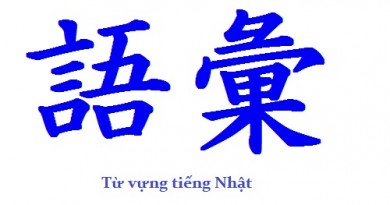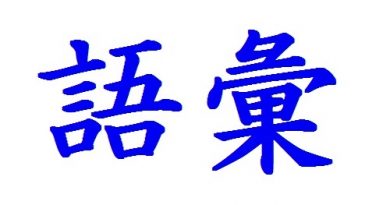10 short and helpful Japanese phrases in conversations
Conversing in Japanese is not simple even with people who have great grammar or have thousands in their vocabulary. The question is how to converse naturally and sound like a native? Is it important to know really complicated words to show how much of a pro you are? Sometimes, simple words help you communicate more effectively and even sound naturally like a native. In this article, Learn Japanese Daily will introduce to you 10 short and helpful Japanese phrases in conversations to perfect your Japanese.
10 short and helpful Japanese phrases in conversations
1.やった (yatta) : YEAH!
Is an exclamation Japanese people use to express happiness, joy or victory and it is often prolonged as やったああああああ! Use yattaaaaa when you win the lottery, get your dream job, get good grades in the JLPT and many other occasions you have might have been in.
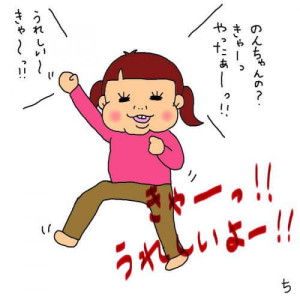
2. 本当(Hontō) : Really?
This phrase is used to confirm something unbelievable, therefore it is followed by a question mark and your voice is raised when asking that. It means “is it real?”, “you’re not kidding, are you?”.
For example, when you have moved to your new workplace and heard that your two old colleagues were dating, you must be very surprised.
ヒトシはミナコと付き合ってるんだよ. Hitoshi wa Minako to tsukiatteru nda yo
(Hitoshi is dating Minako!)
本当 (Really?)
3. もちろん (Mochiron): Of course!
Opposite with the above phrase, this phrase is used to affirm what you said is true. This phrase can be used as an answer for the 本当 above. Imagine a romantic date, you and your partner of 5 years are having a wedding anniversary dinner and you are asked: If you could turn back the clock, would you change your decision?
If you’re honest, you will answer with もちろん!
4. 良かった (Yokatta)
This is pronounced similarly with やった but the usage is a little different. It means good, amazing… while やった shows the happiness that you have been waiting for, 良かった is a sign when your mood and feelings change.
For example, when you
- Are nervously texting a pretty girl, asking her out and she says yes. 良かったあああ
- Dropped your 10 thousand yen note and found in inside your room: 良かったあああ
- Have recovered from your illness and won’t have to miss the travel you thought you had to cancel: 良かったあああ.
- Step on the balance and find out you have lost 5 kg: 良かったあああ.
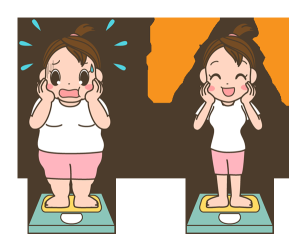
5. 何? (Nani): What?
When you couldn’t hear something clearly or want to confirm what you’ve heard is the truth, you can use this word. However, this short way of saying can come off as rude, so remember to only use it with people your age or close friends. 何 can be used as a replacement of 本当.
宇宙人が学校を攻撃してるぞ. Uchūbito ga gakkō o kōgeki shi teru zo (Aliens attacked our school).
何いいいいい?Nani ī ī i? (What?)
6. 全然 (Zenzen): Nothing
This is a very polite way to negate. Imagine someone asks you to do something and asks if you mind? You should smile and answer: 全然 (Nothing). Japanese people are very polite so even if they mind, they rarely refuse to help.
7. どうしよう (Dō shiyō)
Used when you’re in a troubled situation and confused don’t know what to do. You’ll probably ask yourself over and over again: どうしよう (What to do/What do I do now?). This is a very helpful phrases you should learn.
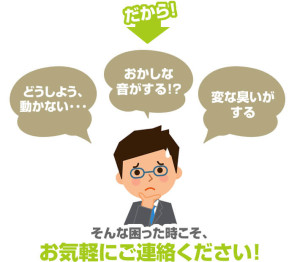
8. びっくりした (Bikkuri shita)
This phrase is used to show you’re surprised, shocked or scared of something unexpected. Depends on the context, it can mean different things. You’re at the climax of a horror story then you feel a hand on your shoulder and your heart thumps, turns out that’s your roommate. You’ll say びっくりした means “You scare the living out of me”.

9. やっぱり(Yappari)
やっ ぱり can be understood as “I knew it”, “I thought so too” to react to something you have expected.
10. そうですか (Sōdesu ka)
If you talk to Japanese peolple, you’ll see they use phrases like: そうですか(exactly, that’s true, right…) a lot. It has become a trend. To show your approval or to show you’re listening, keep nodding. If you’re bored, use equivalent phrases such as: そっか (sokka), そうだね (sōda ne) or そうね (sōne) – Yeah, right/Right.
Even though these words are not really formal or courteous, they are very suitable for casual ocassions. It helps your Japanese flows better, more expressively and naturally. Use these 10 short and helpful Japanese phrases in conversations to become closer to native speakers. Hopefully, you can become more and more confident when talking in Japanese with each passing day.
Above are 10 short and helpful Japanese phrases in conversations. Check out other related articles in section: Japanese in conversations

